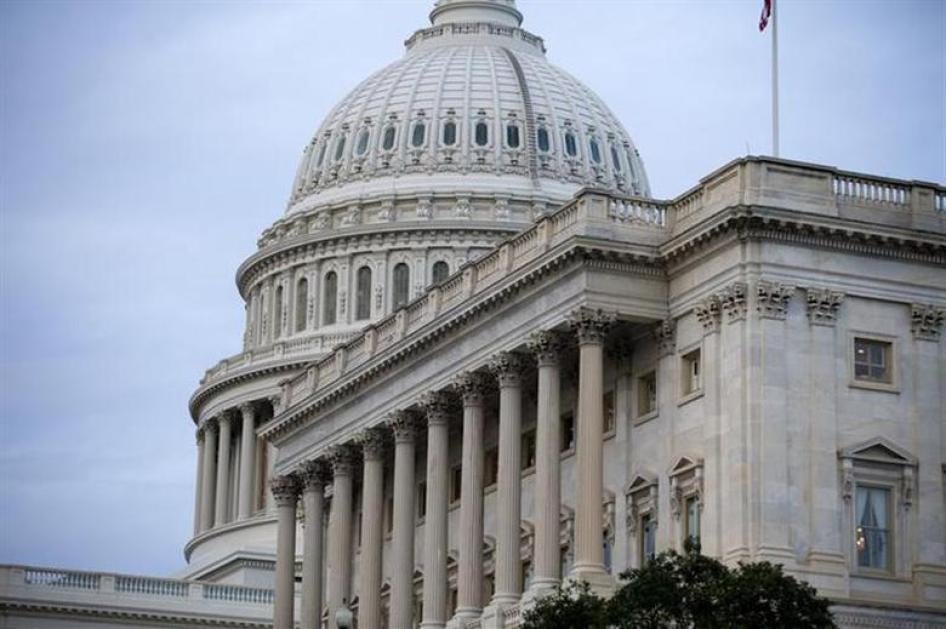Medicaid, the public health insurance program that covers more than 80 million low-income people in the US, is once again on the chopping block. A federal budget proposal currently under consideration aims to slash $1.5 trillion in spending over the next decade, with Medicaid among the programs targeted for restructuring.
Any significant reduction in Medicaid funding would be deeply consequential. The program plays a vital role in protecting people from catastrophic medical costs. Slashing even a fraction of its federal funding could threaten coverage for millions and undermine the right to health for those already facing systemic barriers to care.
As with previous pushes for austerity, budget hawks are attempting to justify these draconian cuts by relying on a familiar trope: the idea that public health insurance discourages work. On the contrary, a major reason that so many people rely on Medicaid is that major US corporations are allowed to consider them consultants or part-time workers without medical benefits.
The dubious rationale is that “able-bodied workers” are opting out of the workforce because they get free coverage through Medicaid—never mind that the program is chronically underfunded and, for many, the only available option in a system that already ties health insurance to full-time employment or income.
This narrative also overlooks over a million low-income people who are excluded from Medicaid altogether. About 1.4 million people in the US who would otherwise be eligible for the program based on their incomes are currently uninsured because of other restrictive eligibility rules—most of them in the 10 states that have not expanded Medicaid coverage to single people without dependents.
Meanwhile, among those who are enrolled, the majority are already working. More than 6 out of every 10 people on Medicaid are already working full or part time. About 3 in 10 aren’t working because of caregiving responsibilities, disability or illness, or because they are attending school. Fewer than 1 in 10 are unemployed for another reason, but most of them are over age 65.
The problem isn’t that people on Medicaid aren’t working. Even though most people on Medicaid are earning an income, they are only eligible for the program because they earn very little. Even the most generous states limit Medicaid eligibility to those earning no more than 138 percent of the federal poverty guidelines—about $21,500 for an individual in 2025.
Fundamentally, the problem is that the US’ current healthcare system does not ensure that everyone has access to health care, and these proposed changes will only make things worse. This is the product of the US’ employer-based health insurance system and the legal carve-outs that allow low-paying employers to effectively receive public subsidies instead of paying for their employees’ health care.
Under the Affordable Care Act (ACA), companies with more than 50 full-time employees are generally required to offer private health insurance coverage to anyone working more than 30 hours a week. While that was a massive improvement over the previous situation, the ACA still allows large companies to shift health care costs off their books by capping workers’ hours just below that 30-hour threshold.
This results in a workforce of involuntary part-timers—people who want full-time jobs but are locked out by design. In April 2025, according to the latest Bureau of Labor Statistics data, 4.8 million workers were stuck in part-time roles not by choice, but because their hours had been cut or they couldn’t find full-time jobs.
Other companies skirt the ACA’s requirements by classifying workers as “independent contractors” even though they could and should be classified as employees. This legal sleight-of-hand allows employers to dodge responsibilities like unemployment insurance, workers’ compensation, and health insurance. Companies like Uber, DoorDash, and Instacart have turned this loophole into part of their business model, shifting some of the cost and risk of employment onto workers and the public.
A 2021 report by the Government Accountability Office (GAO), a bipartisan US congressional watchdog, found that some of the country’s largest corporations, like Walmart, are among the top employers of Medicaid recipients. In Georgia alone, the GAO estimated that more than 1 in 16 Walmart employees in the state were on Medicaid. At the time, Walmart responded by calling the data misleading, noting that the company is one of the largest employers in the country.
In 2023, the UN special rapporteur on extreme poverty and human rights, an independent expert appointed by the UN Human Rights Council, sent letters to Amazon, Walmart, and DoorDash raising concerns that low wages trap workers in poverty and drive reliance on public programs like Medicaid. Amazon dismissed the idea that it does not pay adequate wages but did not dispute that many workers rely on public assistance.
Whether because of part-time work or classification, workers who rely on Medicaid for health insurance are forced into a precarious balancing act. To pay for food and rent, they often have to work more, taking another part-time job or becoming gig workers. But if they earn too much, they risk losing Medicaid coverage while also not earning enough to afford private health insurance or out-of-pocket costs. Others are flatly excluded.
A 46-year-old worker we interviewed for an upcoming report on gig workers works full-time making deliveries for multiple platform companies in Dallas. She does not receive health insurance from her employers and cannot qualify for Medicaid under Texas’ restrictive eligibility rules because her children are now grown, and the rules exclude nearly all single adults without dependents, no matter their income.
Despite working full time, she can’t afford private health insurance either. When she was hospitalized with COVID-19 in March 2021, she left with a $10,000 medical bill that she’s still paying off, little by little. Unable to work for nearly a month because of the illness, she also fell behind on rent. “If you don’t have [dependent] kids,” she said, “you’re screwed. You’re in that gray area.”
Everyone has a human right to the highest attainable standard of health. That’s true no matter who you work for or how much money you earn. But under the US system, your paycheck and employer largely define your access to health care.
The US needs to move toward a model that far less wealthy countries have successfully used for decades: adopting a healthcare system that is universally accessible for all, regardless of people’s ability to pay.
Until it does, our lawmakers should not chase after savings from people who already can’t afford health care. Proposals like a federal Medicaid work requirement would only create new and costly administrative hurdles that would make it far harder for everyone to prove and maintain their eligibility, from workers to retirees to people with disabilities.
Rather than punishing the people Medicaid was built to protect, lawmakers should ensure that everyone has access to health care. The real problem isn’t that people use the system; it’s a system that is broken to begin with.









